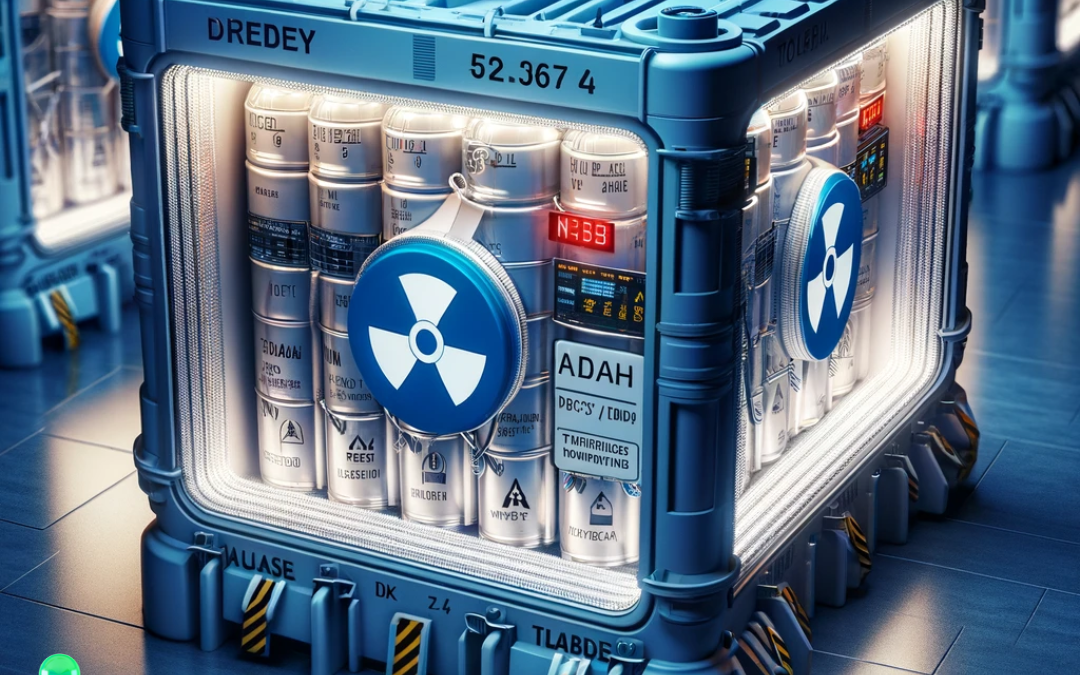
-
A Monumental Allocation: The Nuclear Fuel Security Act 2023 has been bolstered by an additional $2.72 billion under a new emergency supplemental bill aimed at enriching domestic Uranium supplies.
-
Strategic Enrichment Initiative: The funds are dedicated to the enhancement of low-enriched uranium (LEU) and high-assay low-enriched uranium (HALEU), vital for the nation’s nuclear fuel reserves.
-
Assured Fuel Supply: The allocation further underpins the American Assured Fuel Supply Program, fortifying the U.S. strategic Uranium Reserve, a cornerstone of the nation’s energy independence.
The recently passed Nuclear Fuel Security Act of 2023 transcends mere legislation; it signals a strategic pivot towards a future where energy security is paramount. This $2.7 billion investment marks a definitive stance in favor of domestic high-assay low-enriched uranium (HALEU) production, paving the way for greater energy autonomy and reduced reliance on foreign fuel sources.
Why HALEU Matters:
Traditional low-enriched uranium (LEU) powers existing nuclear reactors, but HALEU boasts a higher uranium-235 content, enabling smaller, more efficient reactors. This opens doors for advanced reactor designs with inherent safety features and reduced waste generation, potentially revolutionizing the nuclear landscape.
The Act’s Key Provisions:
- Boosts Domestic HALEU Production: The Act establishes a dedicated program to increase domestic HALEU production, ensuring a reliable supply for advanced reactors and reducing dependence on foreign sources.
- Expands American Assured Fuel Supply Program: This existing program, now bolstered by increased funding, guarantees access to domestically produced LEU in case of supply disruptions.
- Invests in Research and Development: The Act allocates funds for research on advanced reactor technologies and HALEU production methods, fostering innovation and future advancements.
Strategic Implications:
- Energy Independence: By reducing reliance on foreign fuel sources, the Act strengthens national security and energy independence, mitigating potential vulnerabilities in global supply chains.
- Economic Growth: Domestic HALEU production and advanced reactor development can create high-paying jobs and stimulate economic growth in related industries.
- Climate Change Mitigation: Advanced reactors offer a clean and reliable source of baseload power, contributing to decarbonization efforts and combating climate change.
Challenges and Opportunities:
While the Act represents a significant step forward, challenges remain. Public perception of nuclear energy needs to be addressed, and regulatory processes streamlined to expedite technology development and deployment.
The Road Ahead:
The Nuclear Fuel Security Act of 2023 is a transformative piece of legislation, marking the beginning of a new era for nuclear energy in the United States. By addressing energy security, economic growth, and climate change, it paves the way for a brighter, more sustainable future. However, sustained effort and collaboration between government, industry, and the public are crucial to realizing this vision.

